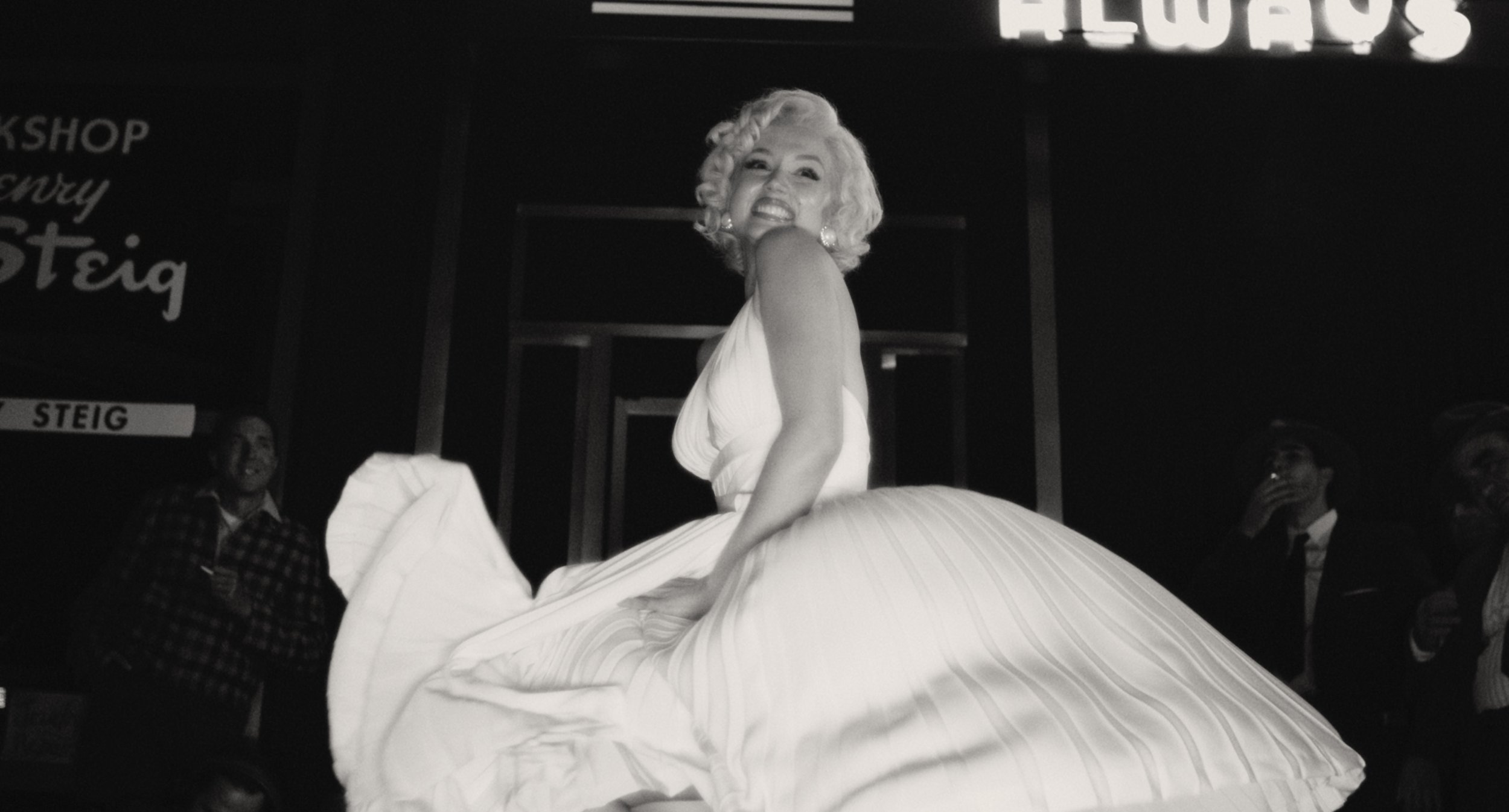Review: 'Bros' puts Billy Eichner through the Apatow movie-comedy machine, creating a funny movie about LGBTQ joys and anxieties.
You can’t call “Bros” the gayest movie ever made — though it’s plenty gay. But this guy-meets-guy romantic comedy is, perhaps, the gayest gay movie ever made, if one uses the old definition of “gay” meaning happy.
One of the themes that star and co-writer Billy Eichner attacks frequently is that too many movies with gay characters in the lead are sad affairs about lonely gay cowboys or something, and are usually “about two straight actors trying to win an Oscar.”
“Bros” is not that kind of gay movie. Instead, Eichner becomes the latest comedian to run his stand-up persona through producer Judd Apatow’s star-making machine — the way Amy Schumer did in “Trainwreck,” or Pete Davidson did in “The King of Staten Island.” And Eichner’s persona is witty, acerbic, a little jaded, and unabashedly homosexual.
Eichner plays Bobby Leiber, a New York podcaster who talks about his failures in creative endeavors — like when he auditioned for “Queer Eye” and couldn’t cry at the right moment — and in maintaining a long-term relationship. At age 40, Bobby has largely resigned himself to random sexual encounters with men he meets on Grindr or in gay bars.
It’s at one such bar that he meets Aaron (Luke Macfarlane), a probate lawyer who’s incredibly buff. (When Bobby meets Aaron, Aaron is shirtless.) They seem to hit it off, but something in their mutual distrust of relationships and commitment keeps them from turning lustful attraction into a dating scenario.
Meanwhile, as Bobby tries to figure out what Aaron’s deal is, Bobby is also deep into his job organizing the first national LGBTQ+ history museum. Most of his work involves begging rich gay people and celebrities — including a brilliant cameo by someone perfect for this demographic — and constantly arguing with his staff, a smorgasbord of queer representation whose members can’t agree on much of anything.
Director Nicholas Stoller (“Forgetting Sarah Marshall,” “Neighbors”), who co-wrote the script with Eichner, packs “Bros” with tons of jokes and lots of funny queer icons, including Harvey Fierstein, “SNL’s” Bowen Yang, “Married With Children’s” Amanda Bearse, Jai Rodriguez (from the original “Queer Eye for the Straight Guy”) and others. One of the best running gags involve suddenly inclusive Christmas movies on the “Hallheart Channel” — a joke that’s even funnier when you know Macfarlane has starred in a few Hallmark Channel movies.
There were moments during “Bros” where I wondered if I, as a straight male, wasn’t supposed to be enjoying this, because of how some jokes target straight attitudes about LGBTQ+ people. One of Bobby’s trans colleagues, Tamara (Eve Lindley), asks in a meeting, “Guys, do you remember straight people,” which prompts their lesbian colleague Cherry (Dot-Marie Jones) to respond, “Yeah, they had a nice run.” At another point, Bobby complains that “gay sex was more fun when straight people were uncomfortable with it.”
Speaking of which, “Bros” will indeed test straight people’s comfort level with gay sex — because the sex scenes here definitely earn the movie’s R rating.
Get over it, straights. The whole point of movies is to be exposed to lives and cultures outside of your own, and “Bros” delivers a view of the world not often seen in movies. It’s also ridiculously funny, which is reason enough to watch it.
——
‘Bros’
★★★1/2
Opening Friday, September 30, in theaters everywhere. Rated R for strong sexual content, language throughout and some drug use. Running time: 115 minutes.







